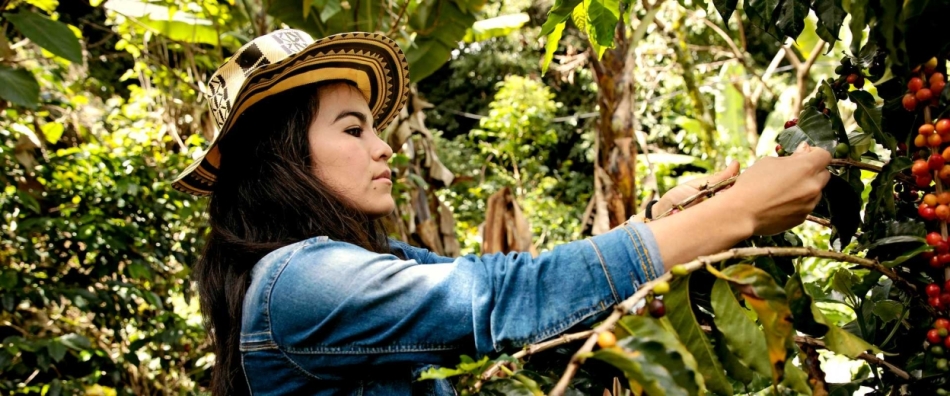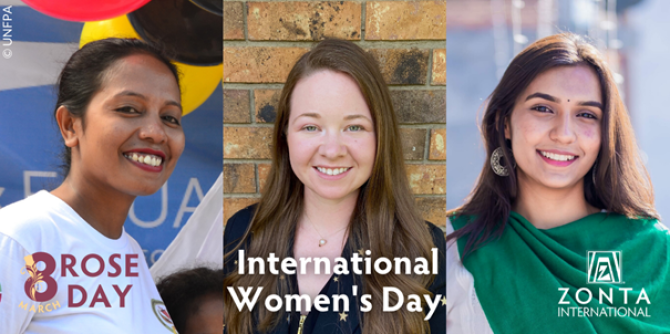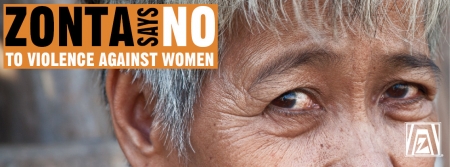8 March
International Women's Day
International Women’s Day celebrates progress on gender equality and women’s empowerment
- In 1945, the United Nations Charter set out for the first time in an international agreement the principle of equality between women and men
- The United Nations celebrated its first International Women’s Day on March 8, 1975
- In December 1977, the United Nations General Assembly adopted a resolution establishing a United Nations Day for the Rights of Women and International Peace
- The first International Day is celebrated in the United States on 28 February 1909
In 1917 in Russia, women chose to protest and strike to demand «Bread and Peace» on the last Sunday of February (March 8 according to the Gregorian calendar) eventually leading to the adoption of the right to vote for women in Russia
International Women's Day - 8 March 2024
In 2024, UNESCO joins its voice to that of the entire UN family by celebrating this International Women’s Day under the theme “invest in women: accelerate progress”, which is aligned with the priority theme for the 68th Session of the Commission on the Status of Women (CSW-68).
Her Education, our Future | UNESCO.org
Priority Gender Equality
UNESCO believes that all forms of discrimination based on gender are violations of human rights, as well as a significant barrier to the achievement of the 2030 Agenda for Sustainable Development and its 17 Sustainable Development Goals.
The message is clear: women and men must enjoy equal opportunities, choices, capabilities, power and knowledge as equal citizens.
Equipping girls and boys, women and men with the knowledge, values, attitudes and skills to tackle gender disparities is a precondition to building a sustainable future for all.
UNESCO’s actions are numerous :
- Education and gender equality
- Women and sports
- Promoting the safety of women journalist
- Women scientists
- Women and the digital revolution
- Gender & intangible culture heritage
- Women in the global climate crisis
International Women’s Day 2024: ‘Invest in women: Accelerate progress’
Un women announcement international womens day 2024

© UN Women/Ryan Brown.
Global Gender Gap Report 2022
According to the GlobalGenderGapReport2022 gender parity is not recovering, it will take another 132 years to close the global gender gap. As crises are compounding, women’s workforce outcomes are suffering and the risk of global gender parity backsliding further intensifies
Much of the progress made since the inception of the Global Gender Gap Index in 2006 was drastically reversed over the pandemic. The recovery towards gender parity has been insufficient in the face of a volatile context.
- Iceland tops the rankings and is the only economy to have closed more than 90% of its gap.
- COVID-19 set gender parity back by a generation and a weak recovery isn’t compensating for it
- The report suggests that of the 146 economies surveyed, just one in five has managed to close the gender gap by at least 1% in the past year. As a result, while gains have been made in the past year, they have reduced the time it will take to reach gender parity by only four years.
- “The cost of living crisis is impacting women disproportionately after the shock of labour market losses during the pandemic and the continued inadequacy of care infrastructure. In face of a weak recovery, government and business must make two sets of efforts:
- Targeted policies to support women’s return to the workforce
- And women’s talent development in the industries of the future. Otherwise, we risk eroding the gains of the last decades"
- Taking a longer view over 16 years, at the current rates of progress it will take 155 years to close the political empowerment gender gap.


